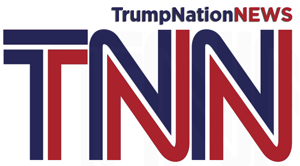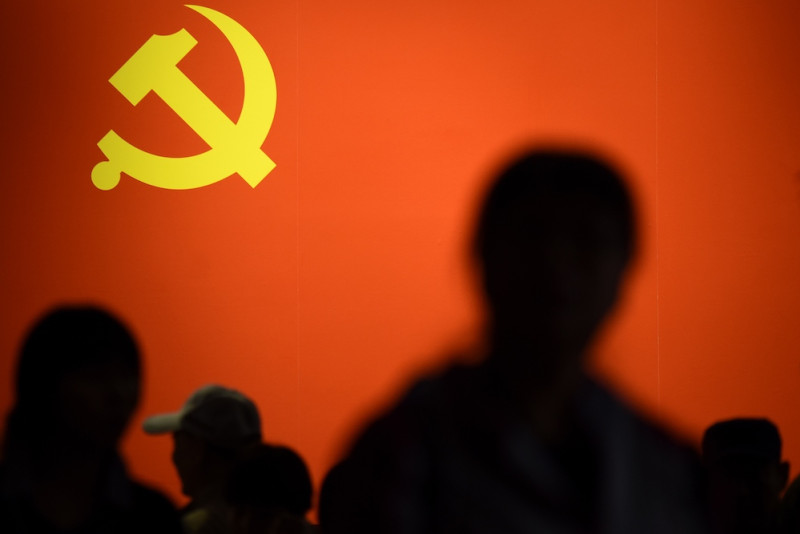Exclusive: Curtis Ellis pummels ‘experts’ whose foreign policy with Beijing has failed for decades
Secretary of State Mike Pompeo joined a string of administration officials laying out the true nature of the Chinese Communist Party.
National Security Adviser Robert O’Brien spoke about its ideology. FBI Director Chris Wray talked about its espionage. Attorney General William Barr spoke about its economic threat.
Pompeo put it all together, detailing what the CCP means for our economy, our liberty and the future of democracies around the world.
In the midst of all this the administration took action.
It imposed sanctions on Chinese companies using slave labor to produce goods for such major international brands as Apple, Ralph Lauren, Google, HP and Tommy Hilfiger.
It sanctioned Chinese officials, businesses and banks complicit in crushing freedom in Hong Kong.
And it took the unprecedented action of closing the Chinese consulate in Houston, the CCP’s base for espionage.
These actions represent a sharp break from past administrations, both Democratic and Republican, who imagined economic engagement would make China more free and America more prosperous.
There is now no argument the CCP did not become more democratic, and its predatory trade practices, espionage and outright theft have exacted a steep toll on our economy and society.
But the eminentos of the foreign-policy establishment still argue over what to do about the regime’s malign behavior.
While the experts say China is guilty of bad things, when it comes to solutions they resort to clichés and a rose-colored view of the world.
As the brilliant Fulbright University professor Chris Balding points out, one of the favorite clichés of the divorced-from-reality experts is “we must work with our allies to take on China.”
In the real world, countries have concrete reasons for not confronting China. Our NATO ally Germany still hasn’t denounced the CCP’s concentration camps and human rights abuses in Hong Kong for fear of losing access to China’s market.
And by the way, this idea of “working with allies to manage China” is what we’ve been doing for decades. That’s what the World Trade Organization and the alphabet soup of U.N. agencies is all about. The thinking went we and our allies would bring China into the club of civilized countries and teach it country club behavior. Instead it became the turd in the punchbowl and now demands we all drink up.
So for those who say “we must work with our allies,” the question is how exactly they propose convincing Angela Merkel it’s bad form to do business with a regime that runs concentration camps. We need specifics, not clichés.
“We must confront China with our allies” is a formula for doing nothing until Berlin, London, Paris, Delhi and Brussels approve. That is not leadership; it’s giving the rest of the world veto power over our actions.
The professional foreign-policy peanut gallery aims another spitball at the administration’s China policy.
Harvard professor Ezra Vogel is one of those experts who advocates continuing the engagement policies with China lest we turn China against us. He warns, “It is not in the United States’ interest to turn the Chinese into our enemies.”
(Memo to Harvard prof: The United States didn’t “turn the Chinese into our enemies,” the CCP did. And it had a lot of help from people like you who said Western capital would turn it into our friend.)
This is the same old wine in, well, old bottles. Engagement, we were told, would “encourage the reformers” in Beijing. When it didn’t, the circular logic went, we must continue engaging or else we would “encourage the hardliners.” Heads they win, tails we lose.
There is also a familiar element of hubris to the engagement policies that created the mess we’re in today. The interventionists in Washington believe an all-powerful U.S. is capable of and responsible for shaping the behavior of every country on earth.
In fact, we are not responsible for remaking the world, nor are we capable of it. We are capable of – and responsible for – taking care of our own country and our own people.
That’s what we need to do, and it means changing the policies that have made us dependent on the CCP and vulnerable to its influence.
We must acknowledge it will involve costs, on us as well as on the CCP. Corporations will have to reconfigure supply chains. Wall Street will have to forgo underwriting fees. Our garages and storage units will have less clutter.
We should be debating the outcomes we desire, the costs of specific policies we are prepared to impose, and accept the costs.
The “experts” should not be debating the cost of policy “A” compared to the failed policies of the past – the status quo. Yet that is exactly what they’re doing by complaining about the administration’s actions without proposing anything beyond clichés.
Secretary Pompeo said, “The old paradigm of blind engagement with China simply won’t get it done. We must not continue it, and we must not return to it.”
If the foreign-policy experts that guided previous administrations were to gain control – as they would in a Biden administration – they would take us back to the accommodationist policies that destroyed our economy and jobs.
These “experts” refuse to admit their policy of economic engagement with Beijing was a dramatic failure and have yet to propose a serious alternative.
Until they do both these things, we can’t take them seriously.
Read the full report: https://www.wnd.com/2020/07/d-c-establishments-dangerous-china-delusion/
















